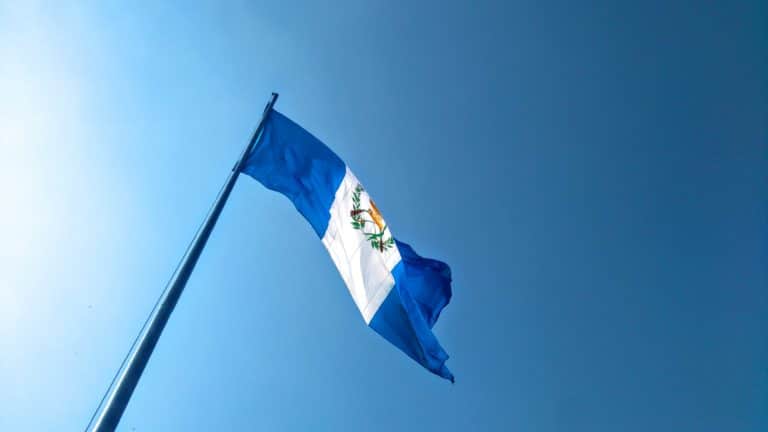In a press release published on August 15, 2021, Guatemala’s National Conference of Religious expresses its solidarity and closeness with all its fellow countrymen in face of the present social and political crisis the country is undergoing.
“The people of Guatemala call for justice and equity in social, political, economic, and cultural relations. However, as Pope Francis says, equity isn’t measured by the effectiveness of personal benefit, or sectors of the big banks, or economic power, but by the strength of the improvement of more fraternal human relations,” reads the text. “This is equity; without it, one cannot speak of justice, or freedom or the common good, or of the supremacy of Constitutional Law.
Guatemalan Religious take up “with simplicity but also with determination the word, the voices and the cries of the different sectors of Guatemala’s people. We would like to have a heart as big as theirs to be able to give an adequate response to their needs and grievances,” they say.
Pope Francis’ Words
In this connection, “we feel the strength of Pope Francis’ address on Friday, August 13, during the Virtual Congress on Consecrated Life in Latin America, organized by CLAR.” In his message the Holy Father “appeals again to all men and women religious of the Continent to live their prophetic mission in the midst of the holy, faithful People of God,” they stress.
“It was very consoling to hear his diaphanous words, with the affection of a true father, with the concern of a mother, which has encouraged our mission, and asking that we not look so much to the past, as the sowing of the Gospel is a task that is always current, assuming a style close to the life of the peoples among whom we live,” states the press release.
Bicentenary of Central America’s Independence
With just a month to go before the Bicentenary of Central America’s Independence, the Conference states that the reality “can be perceived of a people that has come of age,” a people that in the main is “indigenous,” and who are the greatest wealth” of Guatemala’s “entire history.”
So “we are by their side. They have not been two hundred easy years, perhaps a history to forget: years full of blockages, blockage of their history and word, blockage of their aspirations and great dreams of freedom, blockage of their ways and traditions, in a word, blockage of their hope.”
They also enumerate several other blockages: “the cry of malnourished children; the cry of migrants without hope or who die on the way seeking the North American dream; the cry of young people that don’t see a future for their energies and creativity; the cry of forgotten educational and health offers in the rural area and in many places of the cities,” they conclude.
Translation by Virginia M. Forrester










